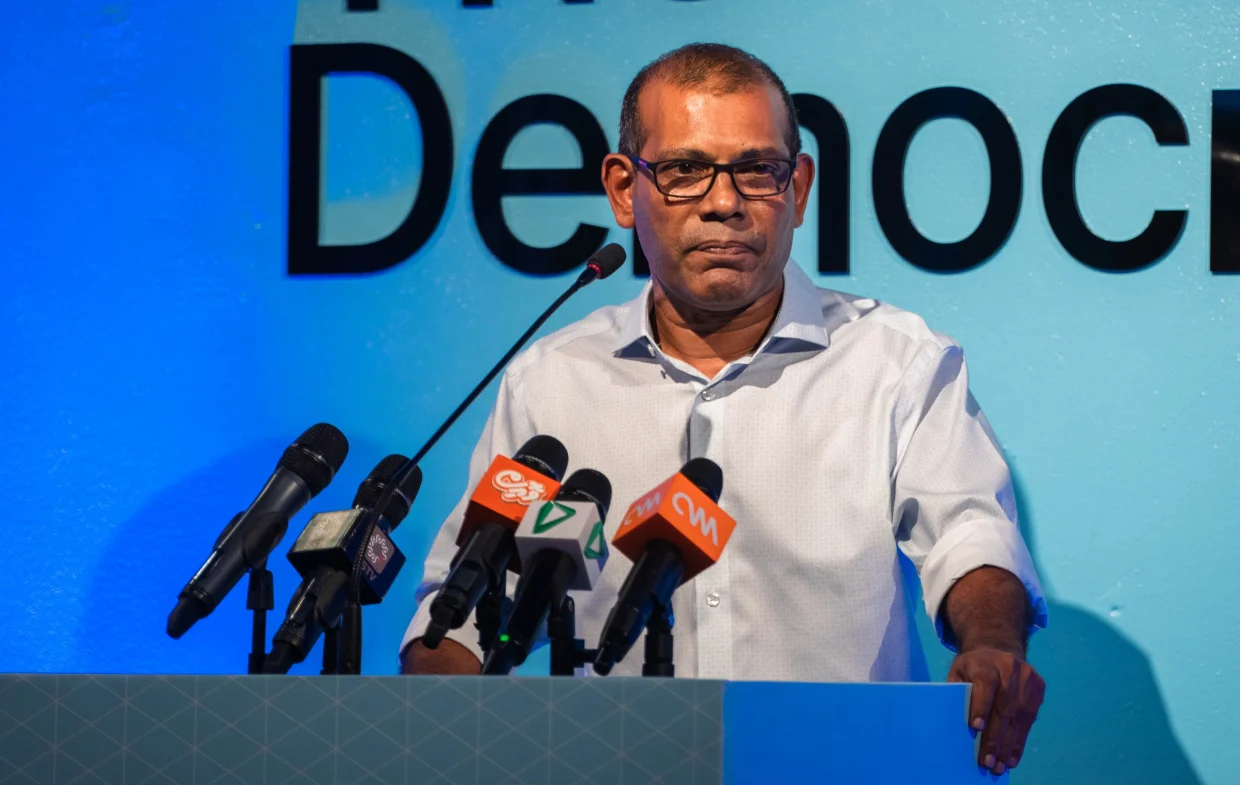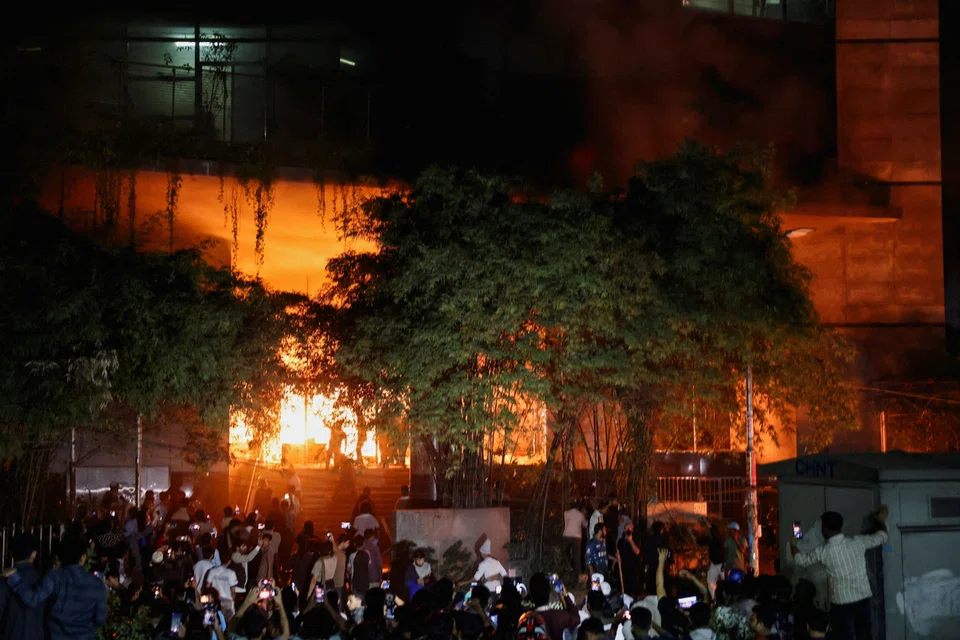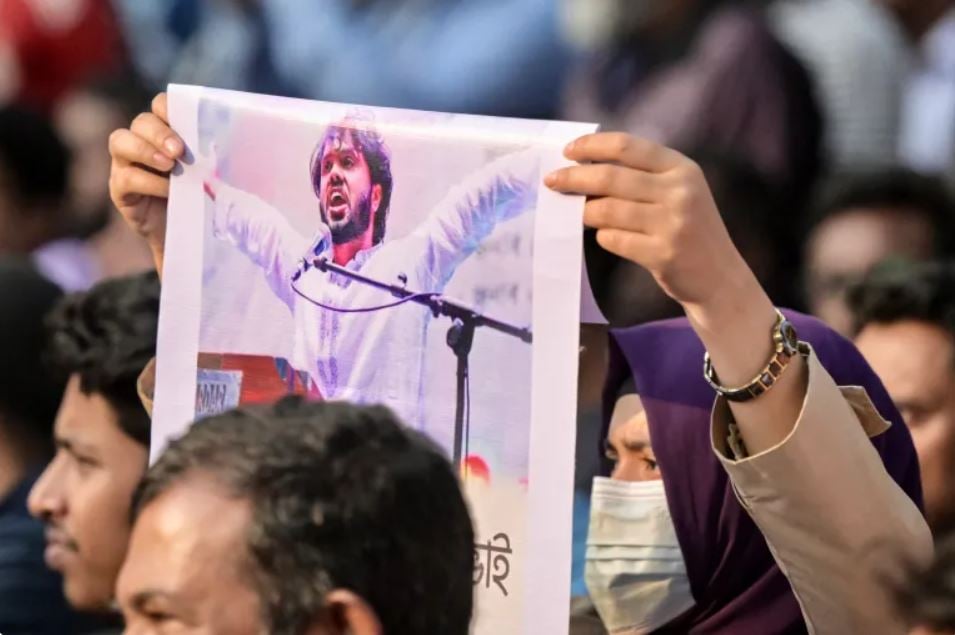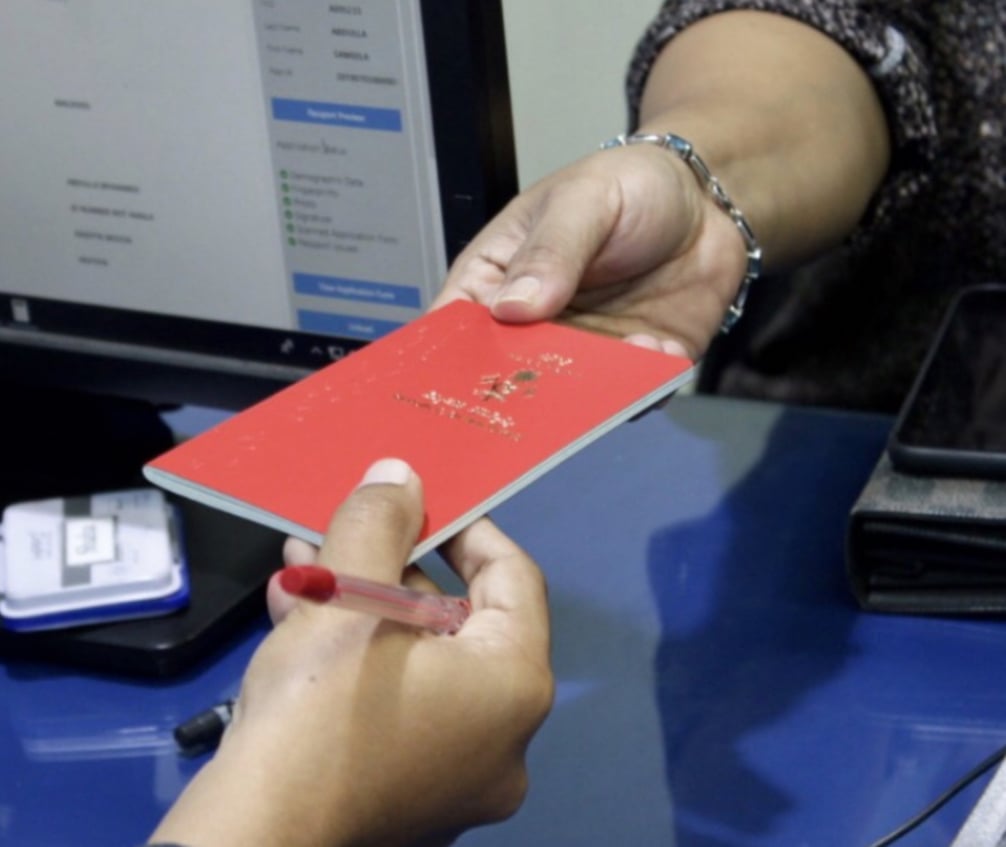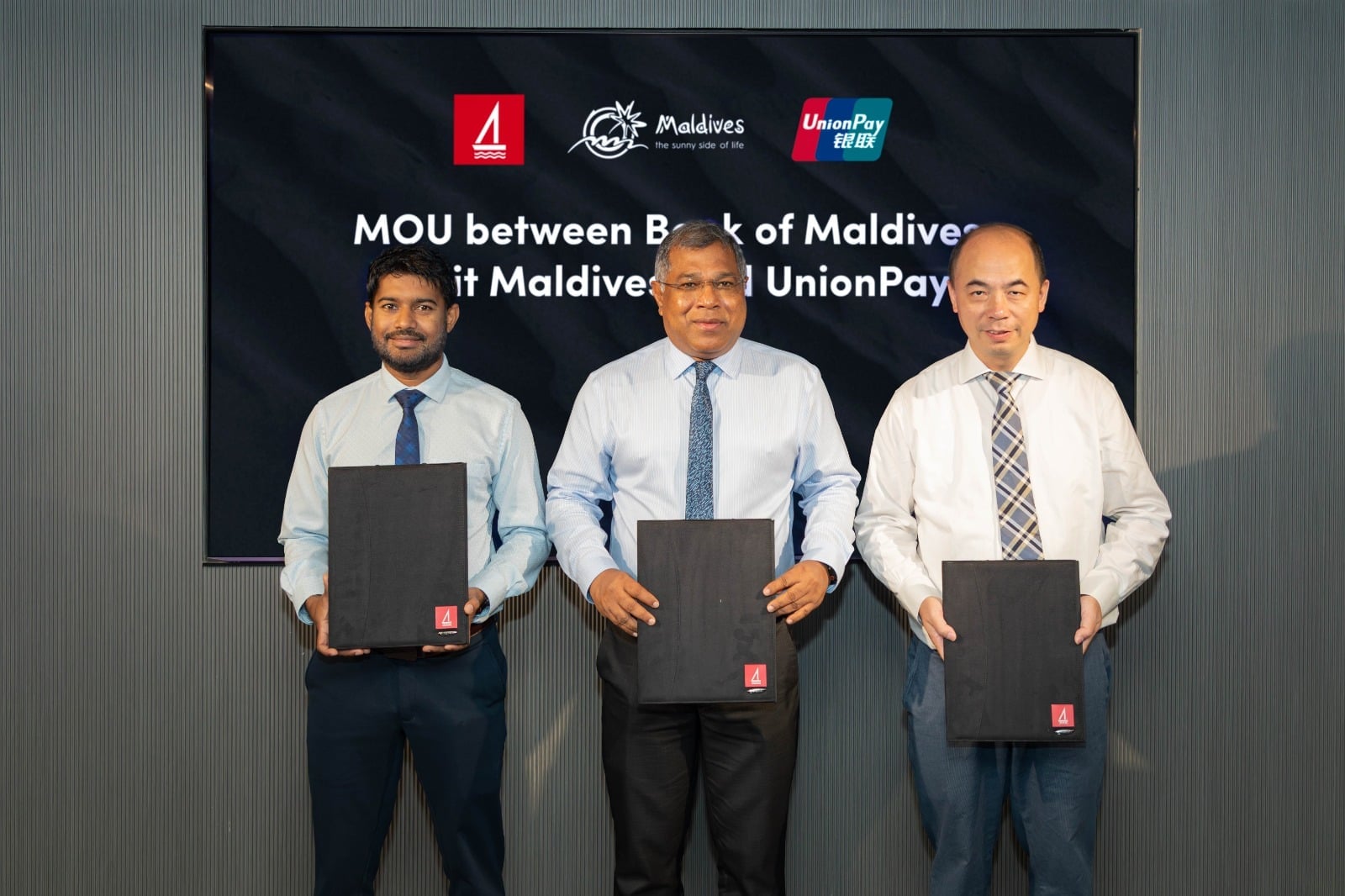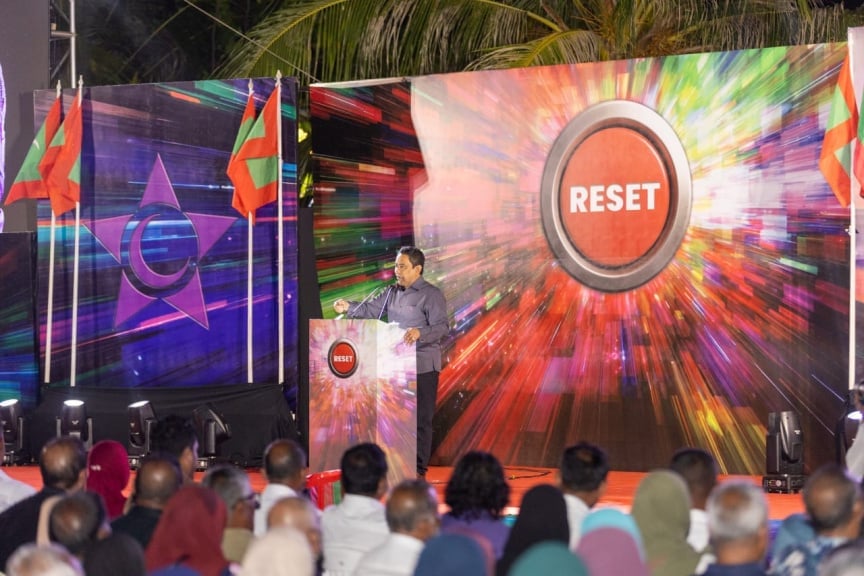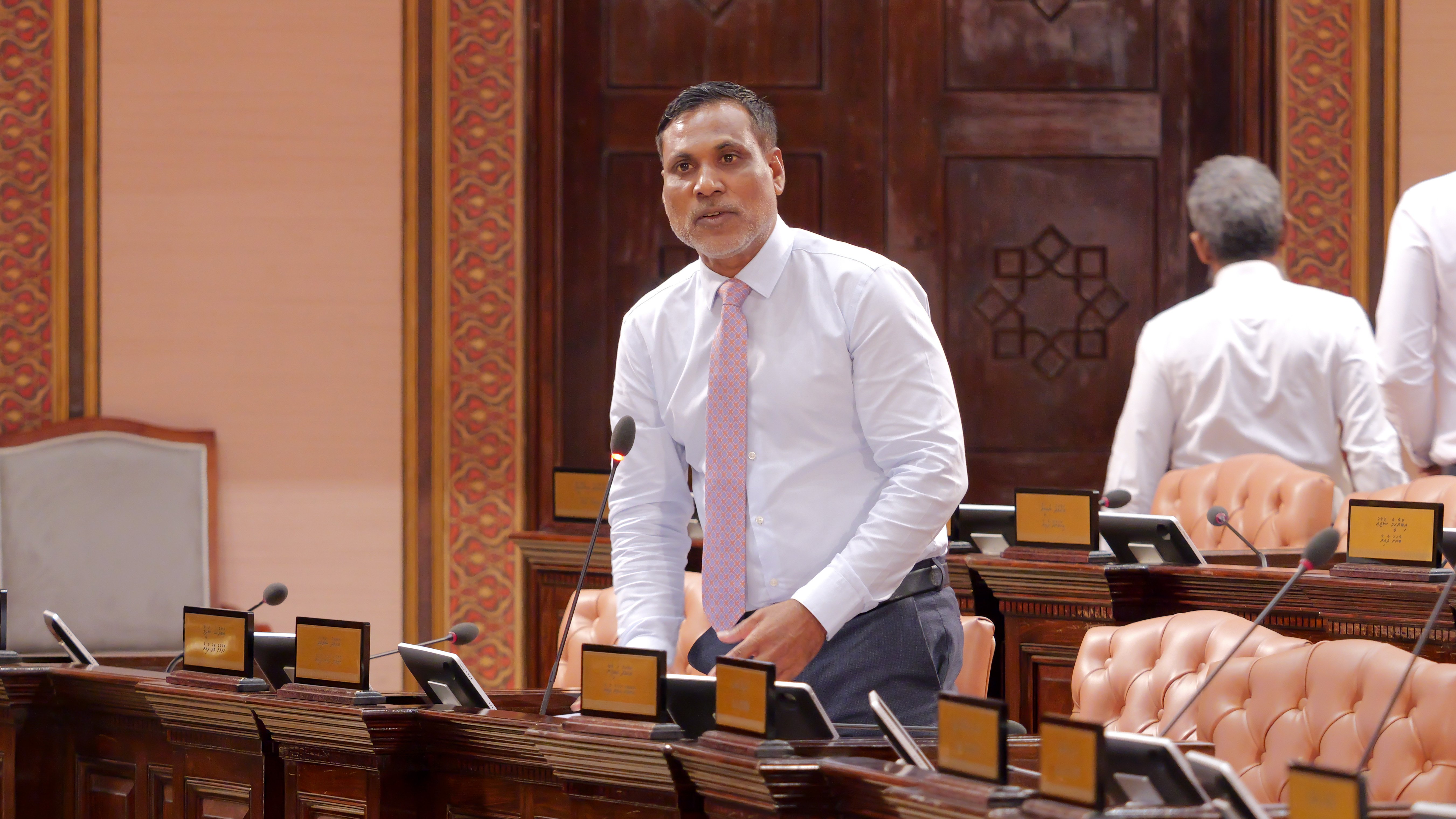Former President Mohamed Nasheed has opposed the government’s proposed dollar exchange rules for tourism businesses, stating that the government should not dictate the use of private funds beyond tax obligations.
The proposed regulation requires tourism establishments, including resorts, integrated resorts, tourist vessels, hotels, and city hotels, to exchange $500 per tourist. Guesthouses with fewer than 50 beds are required to exchange $25 per tourist. Payments will be made by the 28th day of the third month after calculating tourist arrivals for a given month. However, tourism stakeholders have raised concerns, with some resort owners in the Maldives reportedly rejecting the rule and voicing their concerns to the government.
In a message shared with a WhatsApp group of tourism industry leaders, Nasheed said, "The owners of the resorts pay taxes. The rest is their own money. They should put it where they want to put it. They should decide how to spend it."
Nasheed further argued that such measures would not substantially increase the country’s foreign reserves and expressed skepticism about the government’s ability to raise sufficient revenue through taxation. He prioritized debt restructuring and review as a sustainable solution to financial challenges.
The proposal has sparked debate within the industry and among policymakers. Its impact on the tourism sector and foreign exchange reserves are key points of contention.
The proposed regulation requires tourism establishments, including resorts, integrated resorts, tourist vessels, hotels, and city hotels, to exchange $500 per tourist. Guesthouses with fewer than 50 beds are required to exchange $25 per tourist. Payments will be made by the 28th day of the third month after calculating tourist arrivals for a given month. However, tourism stakeholders have raised concerns, with some resort owners in the Maldives reportedly rejecting the rule and voicing their concerns to the government.
In a message shared with a WhatsApp group of tourism industry leaders, Nasheed said, "The owners of the resorts pay taxes. The rest is their own money. They should put it where they want to put it. They should decide how to spend it."
Nasheed further argued that such measures would not substantially increase the country’s foreign reserves and expressed skepticism about the government’s ability to raise sufficient revenue through taxation. He prioritized debt restructuring and review as a sustainable solution to financial challenges.
The proposal has sparked debate within the industry and among policymakers. Its impact on the tourism sector and foreign exchange reserves are key points of contention.





